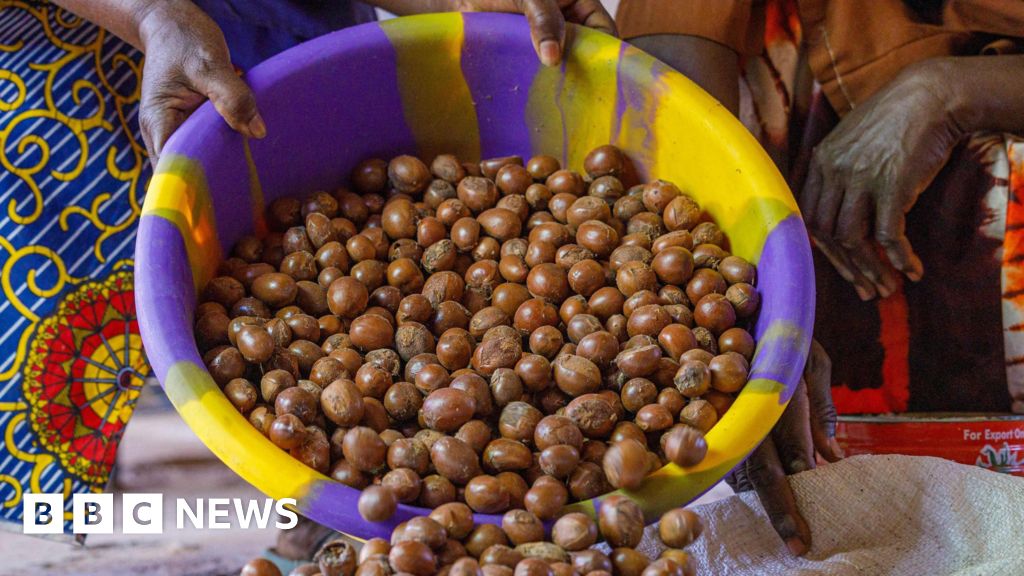Amid rising living costs and economic difficulties, an alarming trend of pet abandonment is emerging in Nigeria. Many pet owners are forced to relinquish their beloved animals due to the financial strain brought on by high inflation rates and job losses.
Preye Maxwell recently made the heart-wrenching decision to leave his two-year-old American Eskimo named Hanks at the St Mark's Animal Rescue Foundation in Lagos. Fighting back tears, he explained, "I can't afford to take care of him. I can't afford to feed him the way he should be fed." Maxwell, who was recently laid off, spends most of his time job-hunting and feels he cannot dedicate the necessary resources to Hanks.
The economic climate in Nigeria has taken a toll since President Bola Tinubu ended a long-term fuel subsidy, leading to inflation skyrocketing to 35% in December 2024, a record high for the region. Prices have since moderated slightly to 24%, but everyday expenses remain high. Many companies are downsizing, which exacerbates the already saturated job market for young professionals.
Dr. Mark Afua, a veterinarian and chairman of the rescue shelter where Maxwell left Hanks, reports that their abandonment rates have surged, with around 10 to 12 animals being handed over each month. He remarks on the drastic change over the past decade, noting that people traditionally did not give up their pets for financial reasons but are now abandoning them or leaving them tied to posts in search of new homes.
Jackie Idimogu, president of a local dog-lovers' community, witnesses similar patterns as she spends 250,000 naira ($158) a month caring for her four dogs. She has made significant lifestyle changes to maintain her pets, such as cutting back on personal luxuries, stating, "I don't see any difference between myself as a dog mum and a human mum."
The importing of pet food and medication has seen prices rise by more than 100% as the local currency depreciates against the dollar. This economic reality weighs heavily on the shoulders of pet owners like Iyke Elueze, who now faces exorbitant prices for dog food. His concerns go beyond financial stress; with the rising costs, he fears the fate of his dogs might also take a grim turn toward being viewed as a delicacy in some regions of Nigeria.
Mistura Ibrahim, who rescues cats, echoes similar sentiments, providing her feline companions with her own meals rather than traditional pet food. She advocates for responsible pet ownership and emphasizes the parallel between pets and children, reminding potential owners of the accompanying responsibilities.
Dr. Afua and his shelter continue to grapple with the overwhelming number of unwanted animals. With more than 60 dogs currently in their care, he acknowledges the challenges of finding suitable homes for them and expresses his commitment to the animals, asserting, "I don't have the heart to turn away an animal."
As animal rights activists raise awareness of the growing abandonment crisis, they highlight the importance of reassessing pet ownership amidst Nigeria’s mounting economic hardships. With many people feeling the pressure of inflation, it remains to be seen how society will adapt to this troubling reality.





















